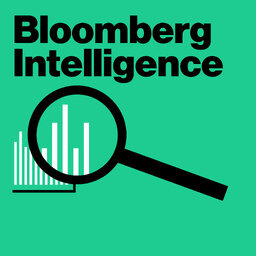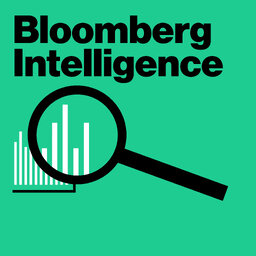Bank of Japan, Africa, Swatch, and Freight (Podcast)
Ira Jersey, Chief US interest rate strategist for Bloomberg Intelligence join us for an extended roundtable to discuss the Bank of Japan move. Bloomberg host Kathleen Hays joins us to discuss the Bank of Japan move. Rosa Whitaker, President and CEO of the Whitaker Group & the first ever assistant US trade rep for Africa (appointed by Bill Clinton), joins the program to discuss Africa’s leader summit, climate goals in the New Year, and role African nations are playing in geopolitical tensions across the world. Nick Hayek Jr., CEO at Swatch Group, joins us to discuss his business, retail outlook, and business strategy. Quincy Krosby, Chief Global Strategist for LPL Financial, and Ben Emons, head of fixed income for NewEdge Wealth, join the show in studio to talk markets and outlook for the economy. Lee Klaskow, with Bloomberg Intelligence, joins the program to discuss his 2023 freight outlook. Hosted by Paul Sweeney and Kriti Gupta.
 Bloomberg Intelligence
Bloomberg Intelligence


